|
Step into a visionary world where architecture and design transcend traditional boundaries. Founder, Sahar Fikouhi explores how augmented reality is poised to revolutionise the way we conceive, create, and experience built environments.
0 Comments
Checkout out how students from the Parsons School of Design - The New School, New York, are creating new realities in ARki.
To demonstrate their new family of Wayfinding Signage designs, Network Rail use Augmented Reality to visualise their 3d models in location, allowing project teams to experience the designs at full scale.
The project looks at how future stations can be easily modified, and improved, by using augmented reality as a tool for visualisation. At paddington each signage model is positioned in place using ARki app, and incorporates simple annotations to highlight design components easily. AR has become the most interesting artistic medium of recent years, blurring the boundaries between physical and digital - AKA - Phygital.
Augmented Reality’s unique capability of enabling audiences to naturally interact with virtual projects, in real spaces, has made the world a canvas for new Phygital structures! We wanted to share some exciting examples of phygital structures that can inspire you to create standout AR projects of the future.. Ever wondered what the difference is between AR/VR and MR? Checkout the fundamental differences between these technologies and how you can use them in your work:
How to import 3D models with a URLTo Import FBX models into ARki using a Gdrive URL
Open Gdrive / Dropbox or Onedrive app and head to the Share settings of the 3d file Change the Link settings to “Anyone with the link” Copy the link of the 3d file then open ARki app Create a new project - paste the link of the 3d file in the Import box The Nextgen railway footbridges catalogue is a series of passenger footbridges, which has been put together by the Buildings and Architecture department at Network Rail. Their latest addition to the catalogue, the Futura bridge, is now made public via ARki 7.0 update.
Augmented reality is an important technology for architecture and urban planning because it is based on spatial computing, therefore it has an ability to understand 3d physical spaces, buildings, and infrastructure, and overlay these with contextually relevant information. If we fast forward a few years in wearable computing - when iOS and Android are no longer supported on mobile phones, but instead on some variation of eyewear, then we can start to really explore the usefulness of AR in our everyday experiences, and the way we design, view and create architecture, and our urban environment. As designers its important to understand the value of spatial computing, as it can not only inform the way we create physical spaces, but also the way we experience the city.
In this era of mobile computation, it is important to understand how architectural space is continually determined through digital interfaces, as much as it is by its physical counterparts. As computational intelligence strengthens within the domain of augmented reality technology, it becomes vital to understand how people experience physical space through a series of digitally crafted landscapes, and how these digital interfaces can become embedded within architectural design and fabrication.
With the release of ARki 2.0 we made a challenging decision to re-develop the app with the inclusion of a marker-less AR solution, ARkit, versus our previous marker-driven SDK provided by Vuforia. The pro and cons of both solutions were extensive, and we deliberated over this decision tirelessly. However in the end ARkit won, and today I wanted to go over some of our reasons for why we chose to upgrade to ARkit over our beloved Vuforia SDK.
|
Darf BlogWelcome to Darf Blog. Categories
All
Archives
March 2024
|
Want more Information?
Our TeamAbout
|
HelpTutorials
|
LegalTerms of Use
|
All works © Darf Design 2020
Please do not reproduce without the expressed written consent of Darf Design
Please do not reproduce without the expressed written consent of Darf Design

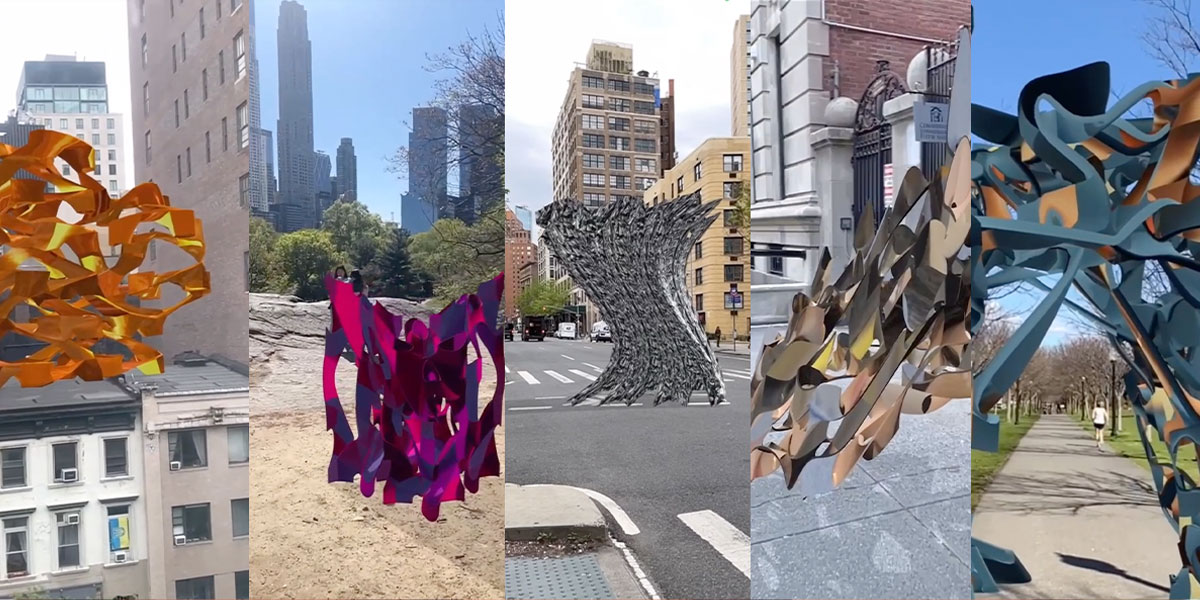
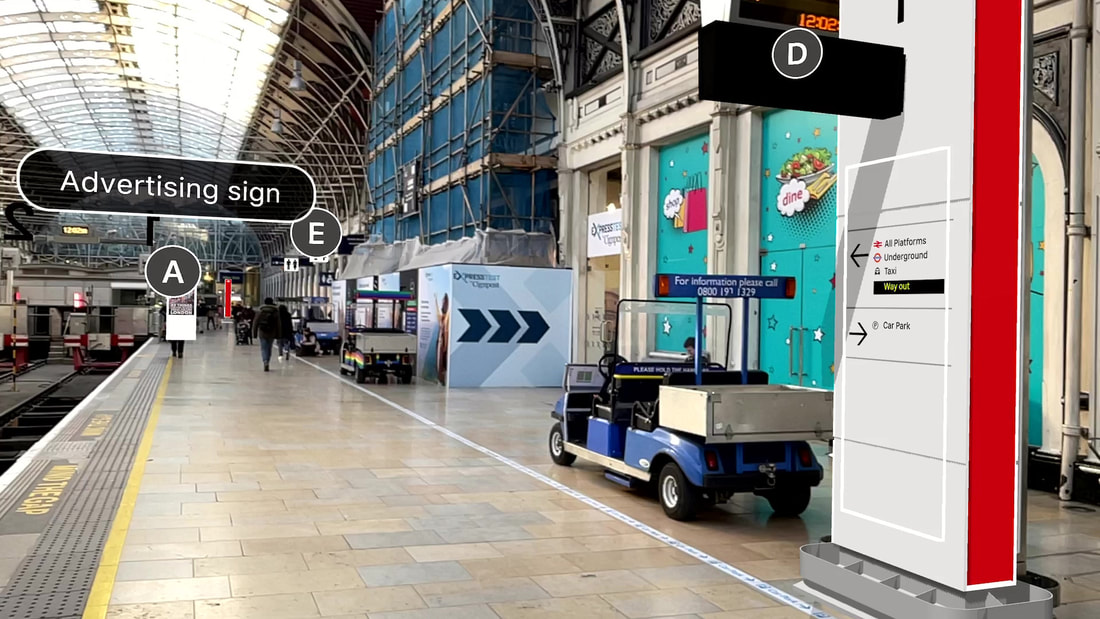
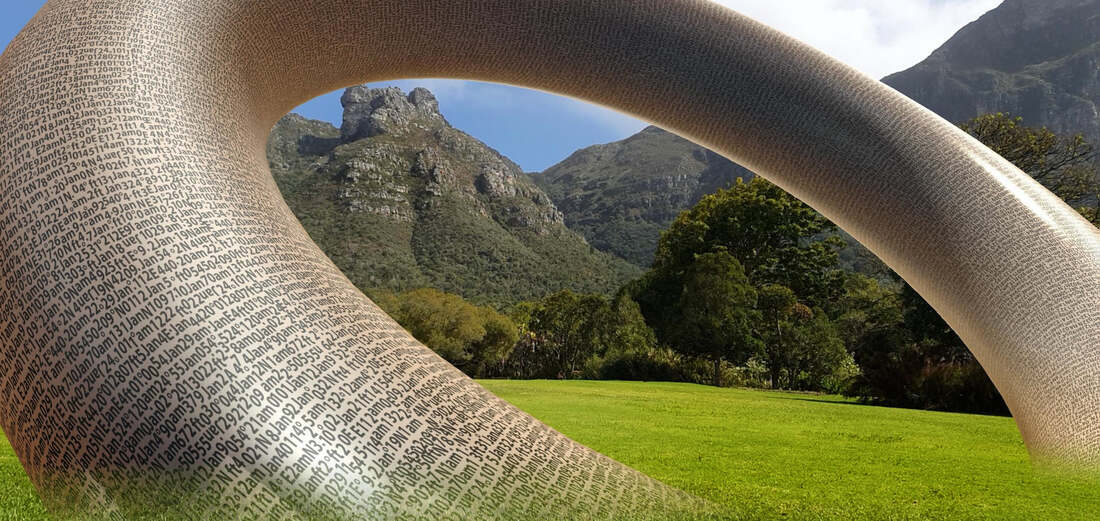
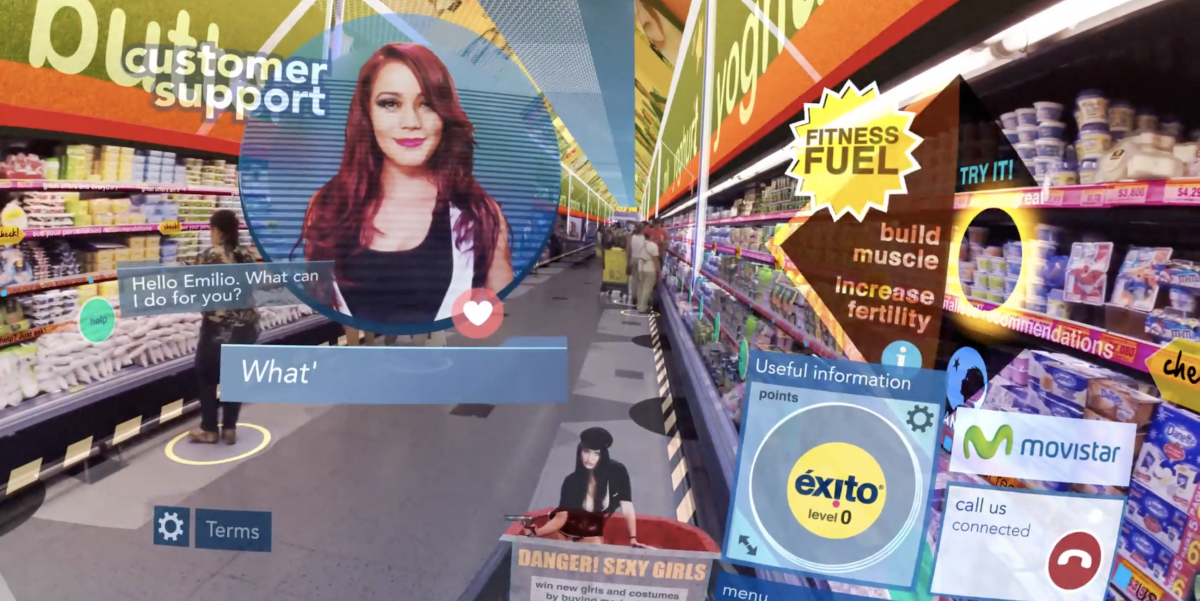
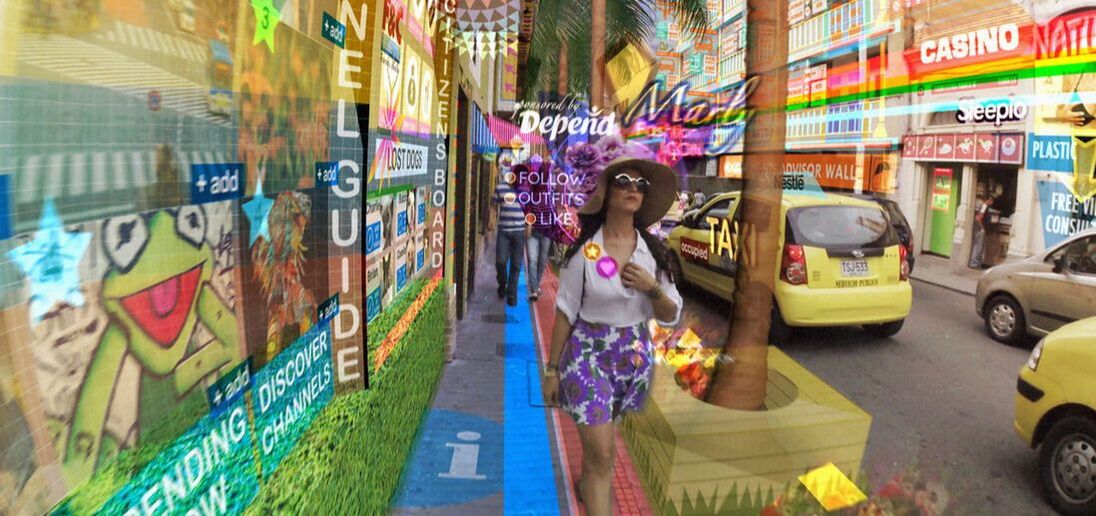
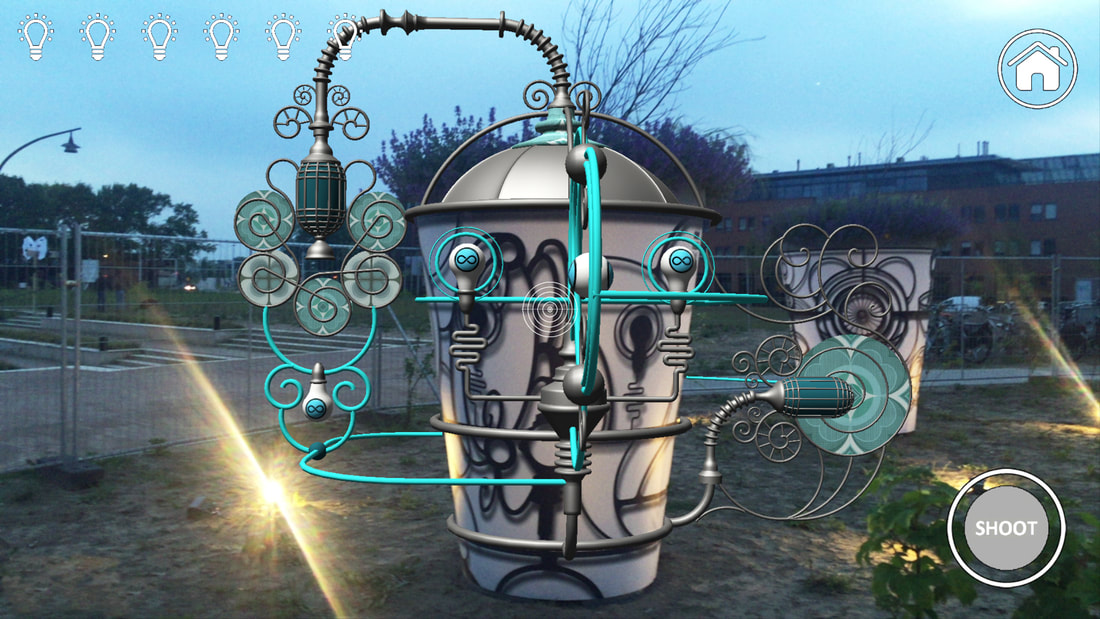
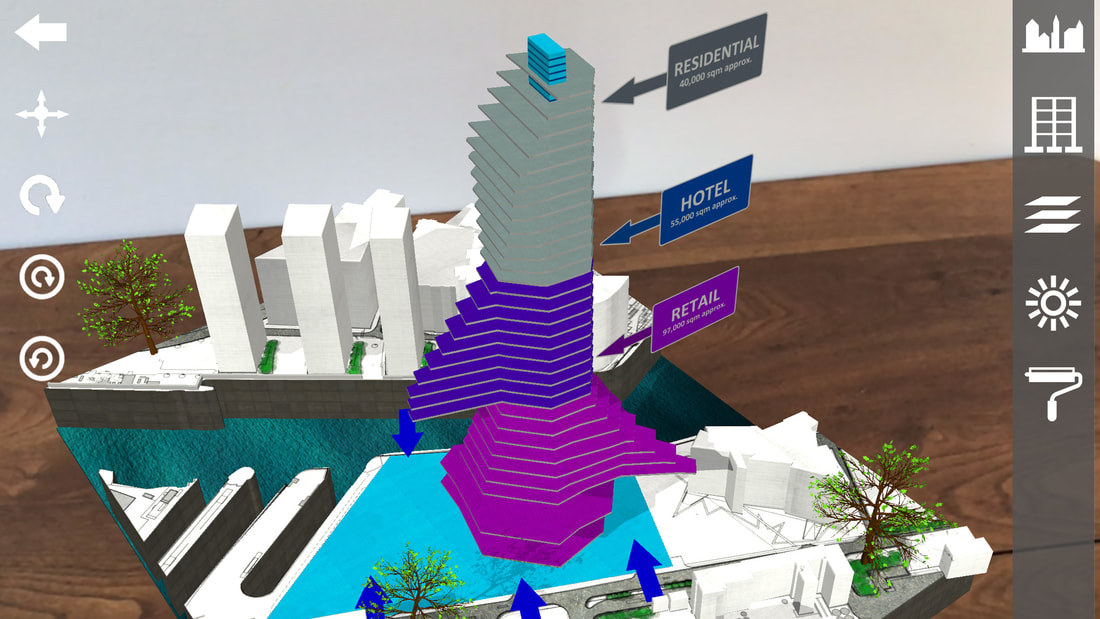
 RSS Feed
RSS Feed
